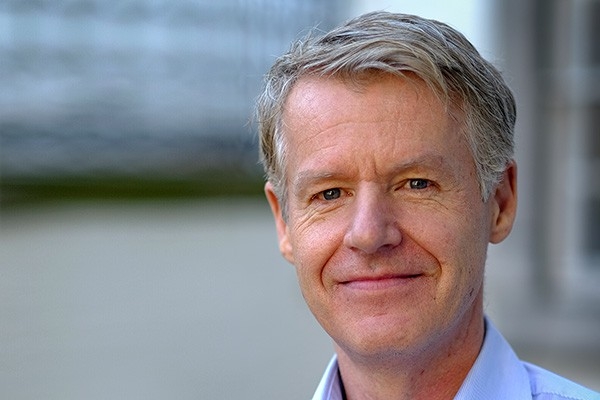Objectives:
ESR8 will deploy conventional histopathology, expression analysis, advanced clustering approaches on mouse and human plaque tissue in order to:
1. pinpoint association between inflammation and microcalcification in human and mouse disease (ESR3; ESR12)
2. translate associations into biological meaning
3. exploit knowledge for design of new strategies to interfere with microcalcification and its sequelae (ESR9).
Methodologies:
Cohort study: Macrophages will be isolated by FACS from a cohort (n=10) of calcified vs non calcified human carotid endarterectomy plaques after matrix dissolution. Mouse study: Plaque macrophages will be isolated from the aortic arch of atherosclerotic LDLR-/- mice, on mock and warfarin treatment to induce calcification (ESR3); and tissue will be analyzed by IHC for plaque burden, Mf content and calcification. Omics study: whole plaque & plaque macrophage pools will be analyzed by RNASeq. Datasets will be analyzed by WGCNA network analysis and gene clusters correlated with calcification or macrophage presence (i.c.w. an inhouse bioinformatician). MS-Imaging: As a next layer of complexity calcification will be correlated to local lipid/metabolic context by MS imaging at a spatial resolution of 10 micron (collaboration with MUMC) High content microscopy analysis (HCA) platform: candidate genes (central hubs and ncRNA targeting the gene cluster) will be tested for impact on a panel of mf functions using our semi-automated BD-Pathway HCA platform by loss of function. Proof of Concept In Vivo: the most promising 1-2 candidate genes the PhD will be evaluated in our model for plaque calcification (Schurgers et al., PLoS One. 2012;7(8):e43229) by a genetic or pharmacological loss of function approach.

